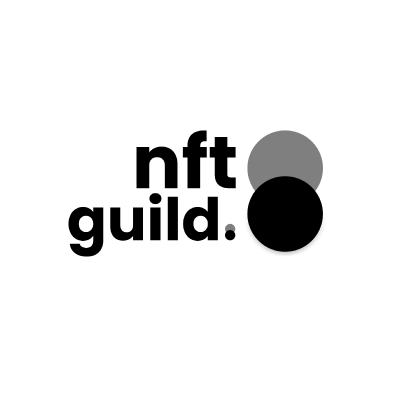
IN THIS LESSON
Cardano offers a rich selection of wallets to suit your preferences. We'll guide you through the basics of restoring your wallet across different apps, the importance of secure seed phrase storage, and explain the convenient 'light wallet' model vs. the full node wallet.
The Cardano ecosystem is fortunate to have a very diverse, competitive and vibrant wallet offering. The founding entities are responsible for the development and maintenance of some of the wallets listed, but the majority are community built and run. In the following section we will take a look at the Cardano light wallet space. It’s not an exhaustive list, there are several other options available, but they are the ones that we feel should satisfy most needs, preferences and styles.
We have tested all the wallets described below, and in some cases, extensively used for prolonged periods and in different circumstances.
As you read this section, remember that your actual wallet lives on-chain, and the “Wallet” software is just a UI, a front-end that enables interactions between the on-chain wallets. You can create a Cardano wallet just once and restore it in any of the wallet applications described below, as long as you have the seed phrase that is generated for you on first creation. Just make sure to never share your seed phrase with anyone - genuine customer support will never request it - and preferably never store it in digital format, even reputable password managers have been hacked, paper is your friend in this case, especially if you have larger amounts of ADA or valuable NFTs. A hardware wallet is probably the best option above a certain amount, depending on your risk tolerance, but more on that below.
All the wallets discussed here are light wallets, meaning that the wallet provider will be responsible for processing your transaction and submitting it to the chain. This means that you won’t need to run a full node and store a copy of the entire blockchain on your machine. If you're interested in running a full node wallet, Daedalus is available at https://daedaluswallet.io.
Running a full node wallet is not something necessary, or even advisable as your daily-use wallet on your primary machine as an NFT project creator or artist - it will slow down your system, but it’s something you can choose to do to support the network. You will not be creating new blocks, that’s the exclusive role of SPOs, but by running a full node, you will be confirming all the transactions and storing a copy of the entire blockchain.
